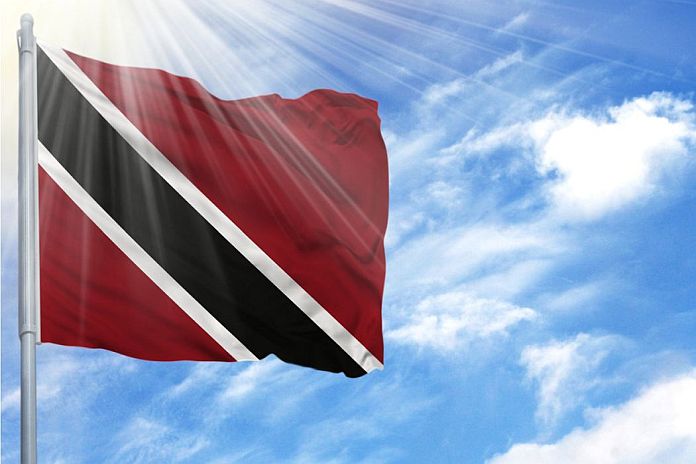Trinidad and Tobago last Monday denied entry for two containers of dairy products exported from Guyana. This has resulted in a whirlwind of condemnation from Guyanese business groups and the Guyana government. It has also reopened old tensions between the two nations concerning repeated non-tariff barriers erected by Trinidad on certain exports from Guyana.
The Georgetown Chamber of Commerce & Industry (GCCI) voiced strong disapproval of Trinidad & Tobago’s (T&T) actions to obstruct the export of milk and water from Guyana’s Demerara Distillers Limited (DDL). “This attempt and outright blockage of goods is yet another addition to a notoriously long list of ongoing issues,” the GCCI stated on May 15.
“GCCI has called on the Government of Guyana to consider the strict application of the Principle of Reciprocity until Trinidad’s NTBs are removed and its behavior aligns with good faith trade practices.“
The Chamber highlighted a historical pattern of trade barriers against Guyanese products.
“1. The rejection of containers of pineapples to T&T because the crowns were not removed;
2. The rejection of containers of peppers because the stems were not removed;
3. Instituting of a ban on poultry meat from Guyana though no trade is done between the two countries in poultry;
4. The requirement of agricultural products to be fumigated with methyl bromide– a substance banned under the Montreal Protocol;
5. The requirement to apply hypochlorous acid on eddoes;
6. The denial, rejection and discarding of honey to be transshipped through T&T;
7. The denial of importation of items already approved for importation. The GCCI can furnish the public with at least one dozen more of these specific types of issues.”
The Chamber said these non-tariff barriers (NTBs) hinder the Caribbean Community’s (CARICOM) goal of reducing the regional food import bill by 25% by 2025 and undermine efforts by Guyana’s President, Dr. Mohamed Irfaan Ali, to eliminate these trade barriers.
The Ministry of Foreign Affairs of Guyana labeled the incident as an affront to the spirit of the Caribbean integration agenda under the Revised Treaty of Chaguaramas (the document establishing CARICOM). The Ministry noted that Guyana remains committed to ensuring that regional market access is reciprocated, stating, “Guyana has opened its market to regional producers, it is expected that market access for products from Guyana into any CARICOM country is guaranteed for full benefits of regional integration to be realized.”
Similarly, the Guyana Oil and Gas Energy Chamber (GOGEC) condemned the obstruction as a blatant violation of the Revised Treaty. “Guyanese exporters have been subjected to this type of unfair treatment by Trinidad and Tobago for decades,” GOGEC remarked. They highlighted the significant trade imbalance between the two countries, noting that Guyana imports over US$1.4 billion worth of commodities from Trinidad while exporting less than US$200 million. GOGEC warned that reciprocal trade suspensions could severely impact Trinidad, which relies heavily on exports to Guyana.
The Guyana Manufacturing and Services Association (GMSA) urged CARICOM leaders to intervene. They stressed that actions like Trinidad’s are detrimental to regional food security goals and the free movement of goods within CARICOM. The GMSA referenced a 2014 Caribbean Court of Justice ruling, underscoring the principle that states must fulfill their treaty obligations in good faith and cannot use internal laws to justify non-compliance.
DDL’s Executive Chairman reported that “two containers of packaged milk products were denied entry and returned to Guyana, while the bottled water products have been restricted from sale pending the completion of an unconventionally exhaustive examination of these bottled water products.” The company is actively seeking to understand the reasons behind the rejection and the necessary steps to have its products approved for import into Trinidad.
The GCCI has called on the Government of Guyana to consider the strict application of the Principle of Reciprocity until Trinidad’s NTBs are removed and its behavior aligns with good faith trade practices.



